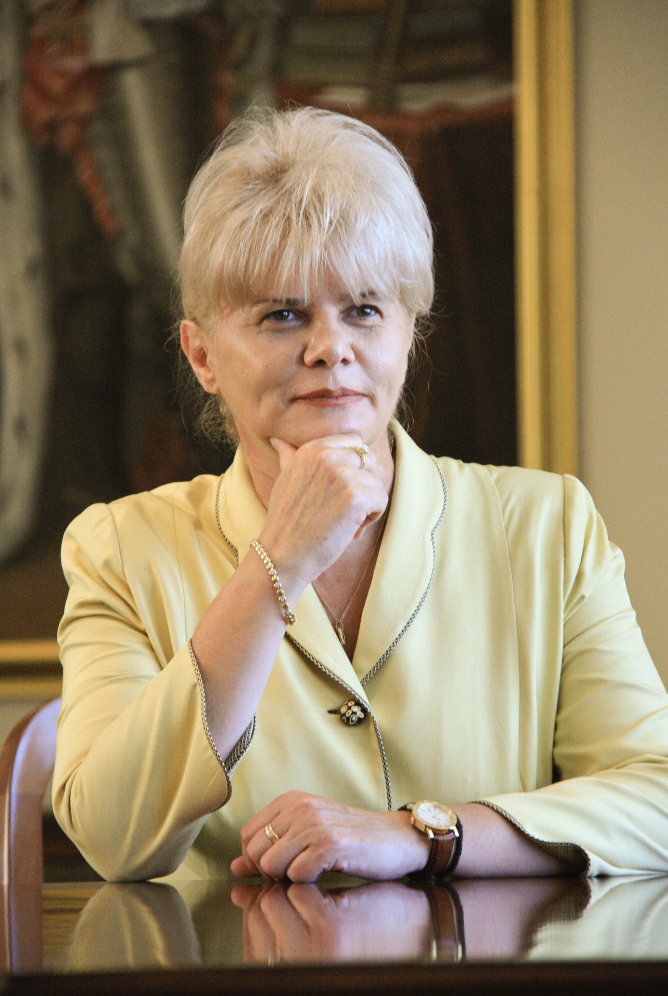
Professor Corina DUMITRESCU PhD is the President and founder of Dimitrie Cantemir Christian University, from Bucharest, Romania.
She is Professor of law and philosophy of law, author of books and studies on legal theory and legal philosophy. Professor Corina DUMITRESCU PhD is a well-know personality in the field of law and the philosophy of law. With a rich teaching experience, she is a well-known author of academic articles and courses and a constant presence at the most important international conferences, being a Keynote Speaker at some of the most important international Congresses. Professor Corina Dumitrescu is also a member of several international organizations with a nationally and globally recognized activity.
Professor Ileana Alexandra ORLICH, PhD, President’s Professor of Romanian studies and comparative literature in the School of International Letters and Culturesat Arizona State University, USA
Ileana Alexandra Orlich is President’s Professor of Romanian studies and comparative literature in the School of International Letters and Cultures. A distinguished global futures scholar in the Julie Ann Wrigley Global Futures Laboratory, Orlich is faculty affiliate in the School of Civic and Economic Thought and Leadership and Director of the Global Intensive Experience to Romania (2023). She is ASU's Professor of the Year (2011) and Centennial Professor (2001) and her publications, which comprise ten monographs, more than twenty book translations with critical commentaries, numerous book chapters and more than one hundred refereed articles. She is a well-known speaker in China, South Korea, the Czech Republic, Hungary, Canada, Italy, France, Spain, the UK, and Romania on cultural, political and gender relations, nationalism and ethnic conflict in Central and Eastern Europe.
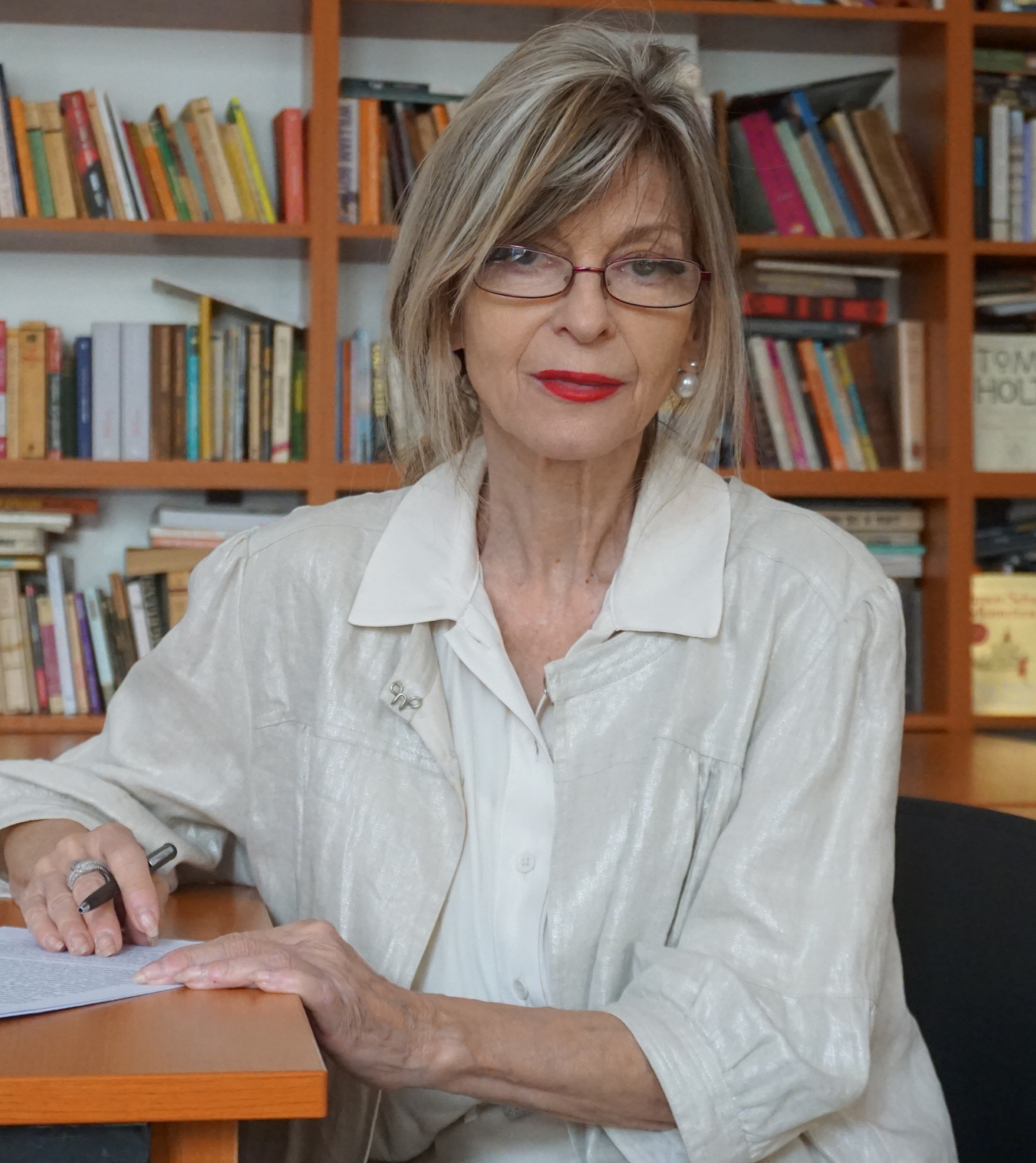
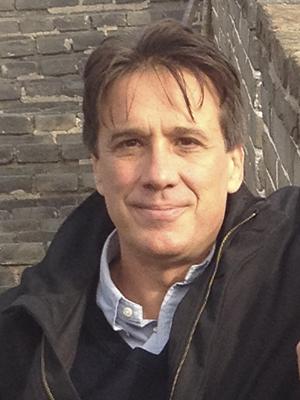
Professor Radu GROSU, Professor of Cyber-Physical Systems, Vienna University of Technology
Radu Grosu is a full professor and the head of the Institute of Computer Engineering at the Faculty of Informatics of the TU Wien. He is also head of the cyber-physical-systems group within the Institute of Computer-Engineering, and a research professor at the Department of Computer Science of the State University of New York at Stony Brook (USA). He earned his PhD in computer science from the Technical University of Munich (Germany). He was a research associate at the Department of Computer and Information Science of the University of Pennsylvania, and assistant and associate professor at the Department of Computer Science at the State University of New York at Stony Brook (USA), where he co-directed the concurrent-systems laboratory and co-founded the systems-biology laboratory. Grosu’s research interests include modelling, analysis and control of cyber-physical systems and biological systems. The application’s focus includes distributed automotive and avionic systems, IoT, autonomous mobility, green operating systems, mobile ad-hoc networks, cardiac and neural networks, and genetic regulatory networks. He received the National Science Foundation Career Award, the State University of New York Research Foundation Promising Inventor Award, the Association for Computing Machinery Service Award. He is an elected member of the International Federation for Information Processing, Working Group 2.2.
Professor Klaus MAINZER, PhD, Technical University of Munich, President European Academy of Sciences and Arts (EASA), Salzburg, Austria
Klaus MAINZER is the president of the European Academy of Sciences and Arts and the author of the widely translated, cited, and reviewed book Thinking in Complexity. Klaus MAINZER was a member of the Advisory Board of the TUM Institute for Advanced Study (IAS) (2009-2016), Principal Investigator (PI) of the TUM Cluster of Excellence Cognition in Technical Systems (CoTeSys) (2009-2014) and a member of the Editorial Board of the International Journal of Bifurcation and Chaos in Applied Sciences and Engineering (2005-2015). Mainzer is a member of the Research Center for Education and Information (Beijing University), the Academia Europaea (London), the European Academy of Sciences and Arts (Salzburg) and there Dean of the Class for Natural Sciences 2018–2019, member of the German Academy of Science and Engineering (ACATECH), there spokesman for the work project "Responsibility" 2018–2019 and since 2018 spokesman for the working group "Basic Questions." Mainzer was a visiting scientist at the Euler International Mathematical Institute (St. Petersburg), the Hausdorff Research Institute for Mathematics (Bonn) and the Leibniz Center for Informatics at Schloss Dagstuhl.
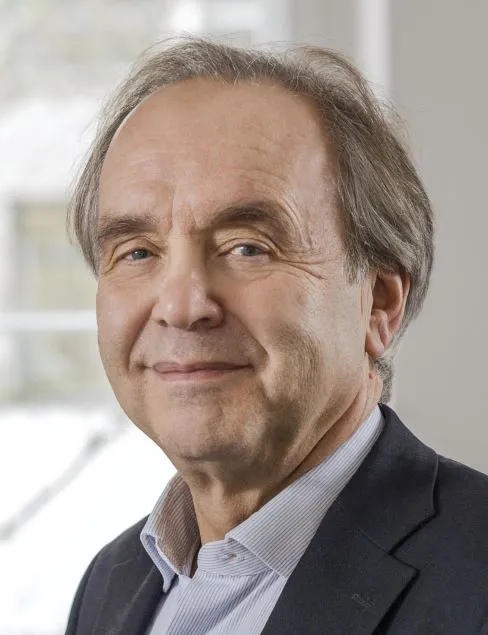
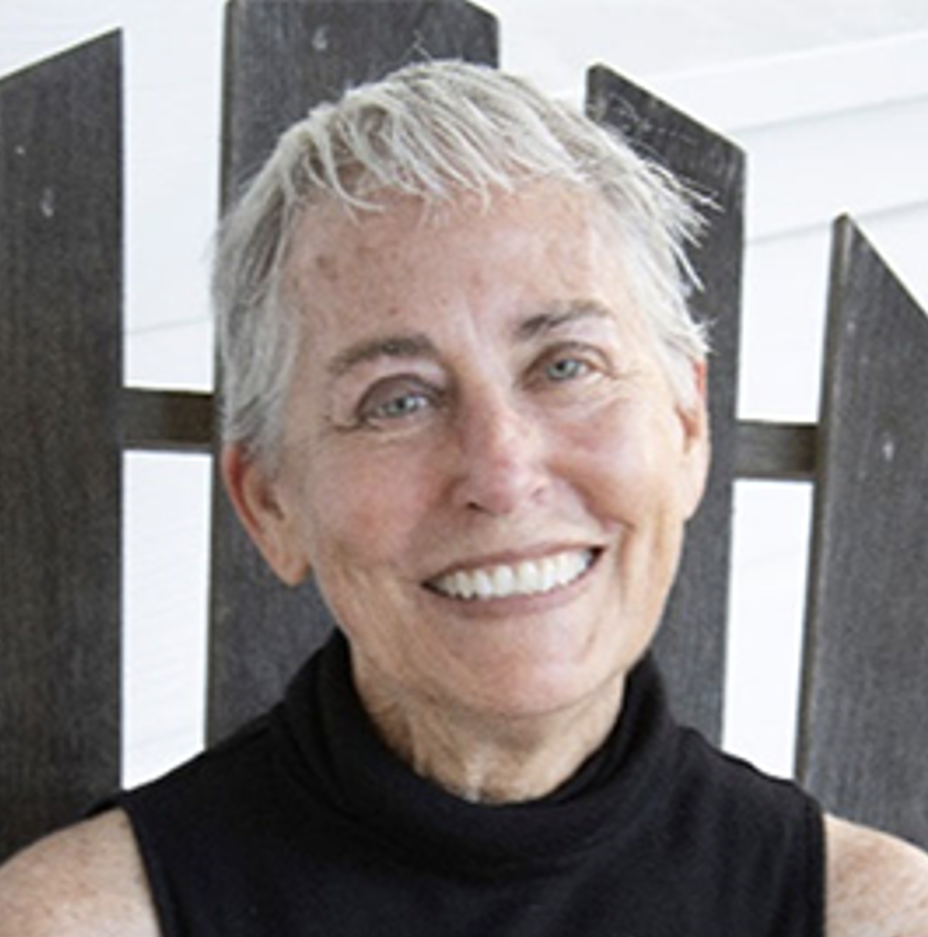
Lynn RHODES, international independent consultant and scholar
She is the Ambassador and former President of the International Society for the Comparative Study of Civilizations. The International Society for the Comparative Study of Civilizations was formally established in 1961 at a meeting in Salzburg, Austria, organized by historian Othmar Anderle and attended by fellow historians Arnold J.Toynbee and Rushton Coulborn. Although a majority of its members reside in the United States of America, over thirty foreign countries are represented in its membership. The dynamism of the society has been maintained over the years in part through its Annual Meeting and the participation of scholars such as Talcott Parsons, Hayden White, Immanuel Wallerstein, Gordon Hewes, André Gunder Frank, Marshall Sahlins, Lynn White Jr. and Jeremy Sabloff. The ISCSC is committed to the notion that complex, civilizational problems need diverse, multidisciplinary analyses. Initially the members of the Society came from history, anthropology, and sociology; now, the Society includes such disciplines as philosophy, psychology, comparative religions, economics, political theory, literary criticism and textual analysis, art history, comparative government, comparative literature, science and technology, linguistics, archaeology, architecture, geography, biology, physics, and ethno-history.